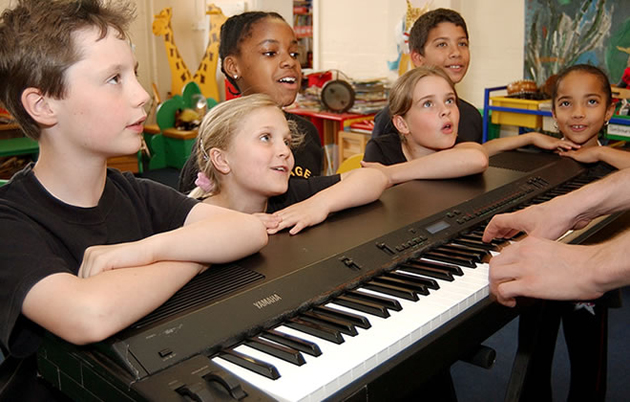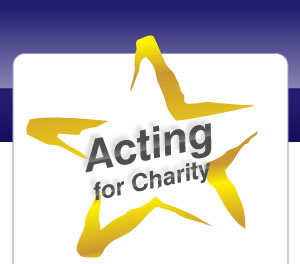About Us - Singing

Singing, drama & dance - discover the magic of the performing arts
Singing is sometimes regarded in schools as a 'Cinderella' subject - one that can be fitted in when the rest of the curriculum has been dealt with. Stagecoach Theatre Arts regards singing classes as an essential ingredient in its work in performing arts for children. When children sing, whether in small groups, in their singing classes or in solo work, they are not only building up their skills in this area, but are also growing in self-esteem and confidence - attributes which help them to take their place comfortably on the world stage.
Singing classes take place for one hour during a three-hour session at Stagecoach Theatre Arts. Children are taught to breath correctly, warm up their voice sufficiently through a variety of 'fun' vocal exercises, and then undertake to learn a wide, age-appropriate repertoire of songs. Care is taken to explore lyrics and appreciate the inter-relationship between words and music.
Stagecoach is about performing arts for children, and therefore as well as singing classes, participators will do an hour of dance and an hour of drama work. These three elements - singing, dancing, acting, lead naturally into musical theatre work, which students love. Often, students join Stagecoach because they are drawn to one particular element that Stagecoach can offer, e.g. singing. However, as they take part in regular three-hourly lessons, they develop skills and a good working knowledge of the other two disciplines, making them thoroughly all-around musical theatre performers.
Many adults have been put off singing for life because of the remarks of one clumsy teacher in their past, or their exclusion as a child from a choir or a school production at a sensitive time in their vocal development. On the other hand, some adults put down their passion for music to one inspirational teacher who set the subject on fire for them, discovering and nurturing their musical ability. Singing classes in Stagecoach aim to be fun, upbeat, challenging and lively whilst encouraging musical accuracy, good intonation, the development of a good musical ear and excellent vocal control.
Singing teachers often hear adults saying apologetically 'I'm tone deaf!', when what they (the adults) actually mean is that they have no confidence in their own ability. Helping children (particularly boys) over a tricky patch in their vocal development, and at the same time cultivating their listening skills, will go a long way towards ensuring that the phrase 'tone deaf' becomes obsolete! In addition, being allowed to make a few vocal mistakes in singing classes, and recover from them, is crucial for any singer.
To summarize, in these classes of performing arts for children, the teaching of singing aims to help students to:
- build up a broad-based repertoire of songs to sing for pleasure and performance
- master basic skills in vocal technique and breath control in order to develop vocal ability
- foster a sensitivity to the inter-relationship of words and music
- Build up a basic understanding through singing work of key, pitch, rhythm, timbre, dynamics, speed, texture and vocal color.


